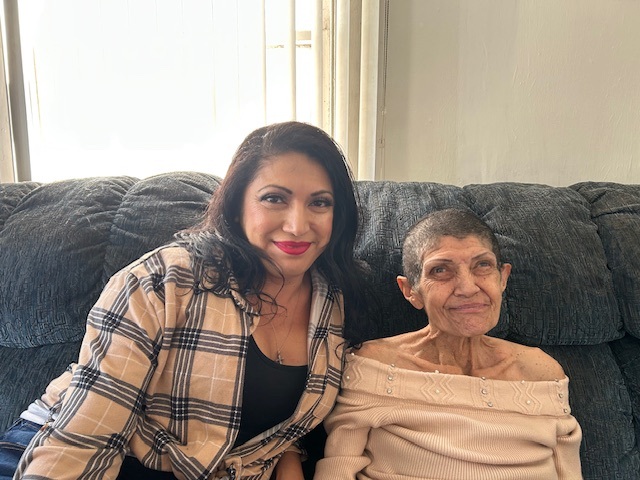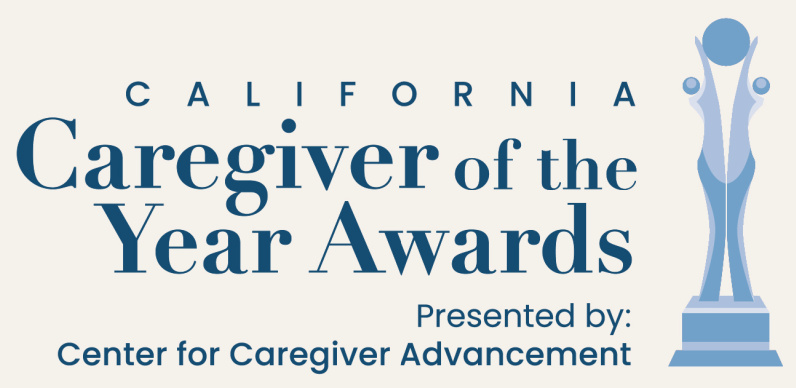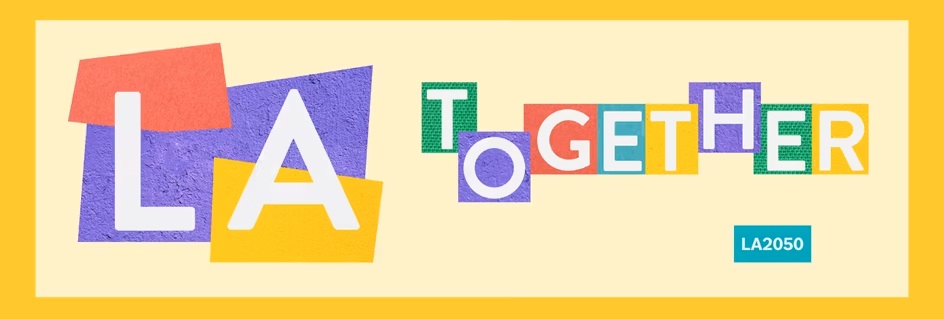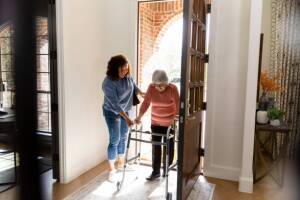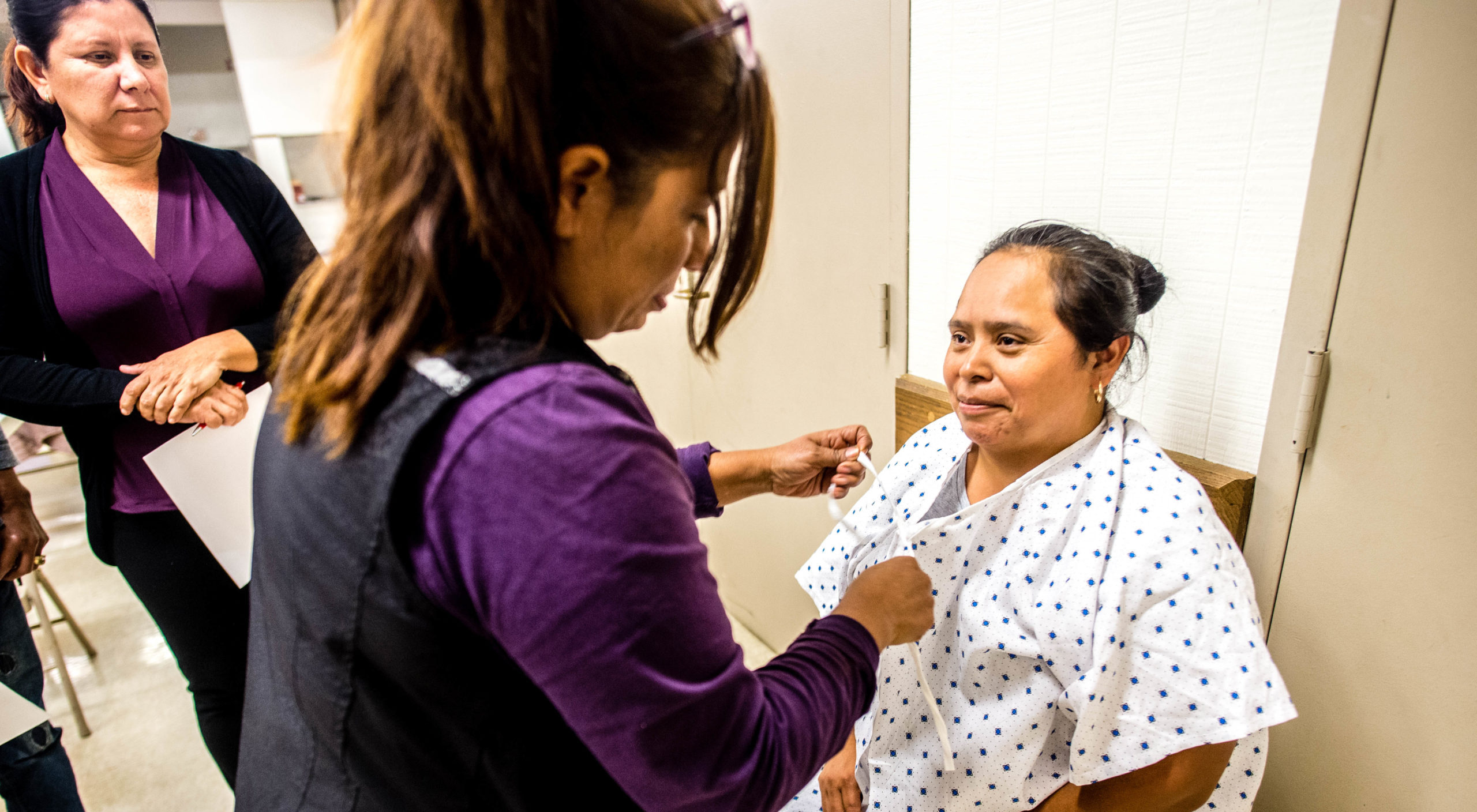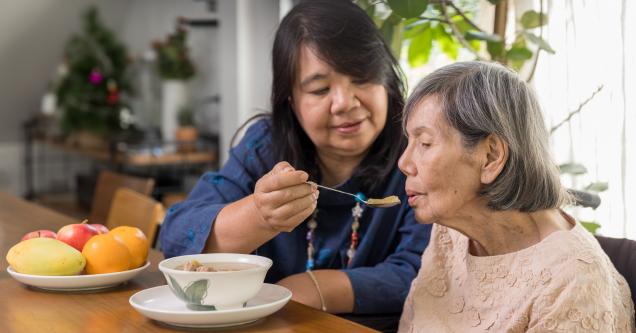CCA Partners with J-PAL North America at MIT for Groundbreaking IHSS Training Evaluation
In collaboration with the Center for Caregiver Advancement (CCA), the Abdul Latif Jameel Poverty Action Lab (J-PAL) North America at MIT will conduct the nation’s first randomized controlled trial (RCT) to evaluate the impact of CCA’s training on In-Home Supportive Services (IHSS) workers. This pioneering study aims to delve into both the caregiving and healthcare outcomes of the training, marking a significant step forward in workforce development and healthcare research.
The RCT is part of CCA’s “Upskilling IHSS Providers in San Bernardino” project, funded by the California Workforce Development Board’s High Road Training Partnership (HRTP). It will evaluate data from CCA’s 35-hour IHSS Essentials course, which equips caregivers with critical skills and knowledge in areas such as infection control, medication safety, activities of daily living, mandated documentation, self-care, and more.
“We are proud to work with the J-PAL team on this groundbreaking randomized evaluation on IHSS training,” said Corinne Eldridge, CCA President and CEO. “This joint project validates the critical role that home care workers play in keeping older adults and people with disabilities out of institutional care. We know that access to high-quality training programs not only contributes to increased worker retention but also facilitates recruitment in a field facing a care crisis.”
This study addresses a critical gap in research as no prior RCTs have been conducted on IHSS training or any home care training programs, according to Matt Notowidigdo, PhD, Professor of Economics at the University of Chicago Booth School of Business and Co-Scientific Director of J-PAL North America.
In an era where job training initiatives predominantly focus on reskilling workers in fields like technology and IT, this project underscores the importance of evaluating training programs within the healthcare sector.
“Healthcare is just as important, especially direct care, as it is very much the future of work. It means we, as academic researchers, have an obligation to evaluate different kinds of training programs to study their impact on healthcare workers and the people they care for,” said Notowidigdo. “CCA is the perfect partner for this as they are pioneers in this space.”
The randomized controlled trial will operate on a cohort basis, with participants selected at random for the IHSS training, while others will be part of a control group. Each cohort will serve as a sub-study, and participants will be followed for a full year post-training. This comprehensive approach includes surveys, administrative data from the state of California, and access to Medicare and Medicaid data of the individuals receiving care.
The primary goal is to observe the impact of training on both IHSS workers and the individuals they care for. The evaluation will assess healthcare utilization, costs, and outcomes on the IHSS consumer side, including factors such as hospitalization rates and preventable incidents like accidents and falls. On the caregiver side, the RCT will examine worker attachment to the job, duration of employment, job satisfaction, confidence, and various aspects of mental health such as stress and anxiety.
“There are reasons to think training helps caregivers feel better about the job, more confident, and more comfortable which helps them stay in their job longer,” said Notowidigdo.
CCA’s work with other university-based research institutes shows that caregivers report post-training confidence in their ability to do their jobs. CCA regularly evaluates the value of its training programs on the workforce and the quality of care through impact studies in partnership with academic institutions and research organizations. UC San Francisco’s Institute on Health and Aging studies CCA’s caregiver training on Alzheimer’s disease and related dementia. Vital Research analyzed data for the Caregiver Resiliency Teams Impact Study and is doing the same for the Career Pathways Program.
CCA’s curriculum and program design relies on evidence-informed practice, using results from these impact studies, qualitative research, and subject matter expert opinion, to guide the training framework. The findings from the RCT, combined with CCA’s existing body of research, will move the evidence base into actionable strategies and policy that will advance workforce development for long-term care workers.
For Notowidigdo and his research team, the rarity of the intersection between labor and healthcare research makes this project even more significant. The study not only explores the impact of the training on healthcare outcomes but also considers its influence on the labor market.
“(California’s) IHSS program and the innovative training provided by the Center for Caregiver Advancement represent promising models for other states around the country that are considering new programs to support in-home caregiving,” said Notowidigdo.
Related Reading: IHSS Providers Are a Caregiving Lifeline for Californians




